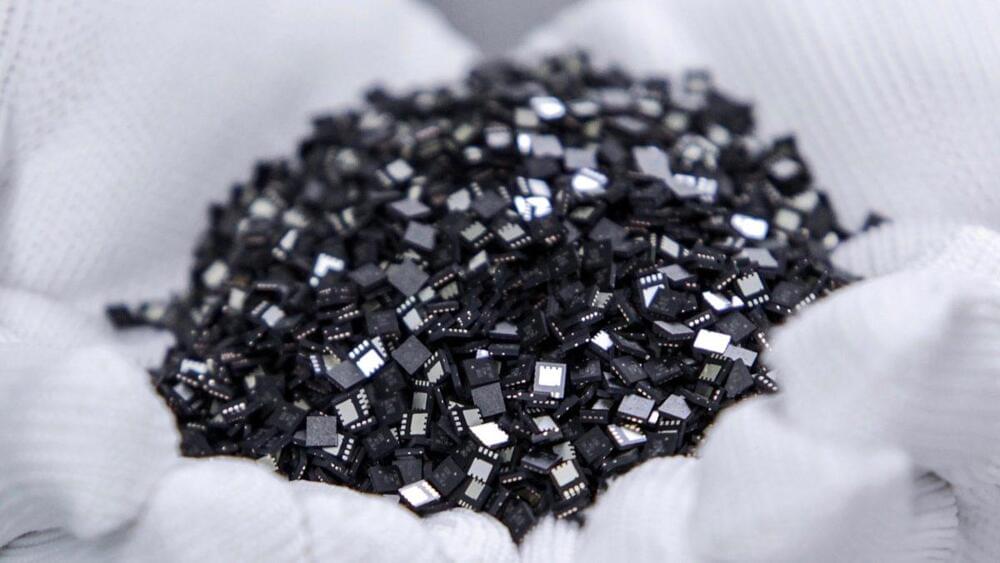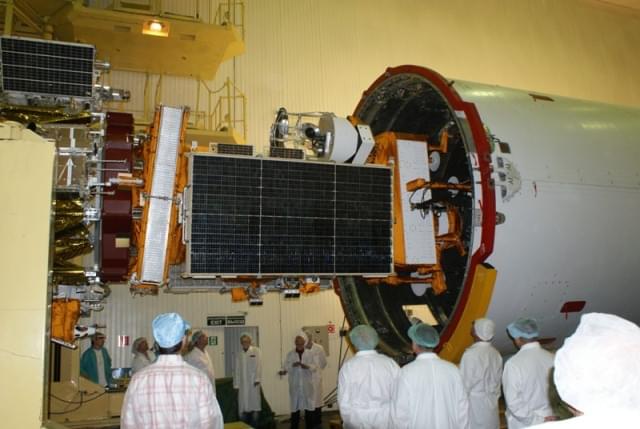A flurry of upgrades is on the horizon.
The conference version of the National Defense Authorization Act of 2022 shows that the U.S. Congress wants new engines to be installed in the current and future F-35 aircraft starting from 2027, Air Force Magazine reported.
We had earlier reported that the U.S. military would be required to look into re-engining its F-35s towards the end of this decade. The F-16s and A-10C Thunderbolts are close to the end of their lifetimes which means that the bulk of the workload for the U.S. military will fall on F-35s’ shoulders. Under the Adaptive Engine Transition Program (AETP), the U.S. Air Force has already begun work to develop engines that can deliver more power or range as required.
According to the Air Force Magazine, Congress has sought details of the acquisition strategy and fiscal considerations that the Air Force will apply in its plan to re-engine its F-35As. We had reported that the development cost of the AETP is likely going to be too high for the Air Force to bear alone. However, the U.S. Navy uses a different configuration of the F-35s, where the AETP cannot be deployed in its present form.
Full Story:








